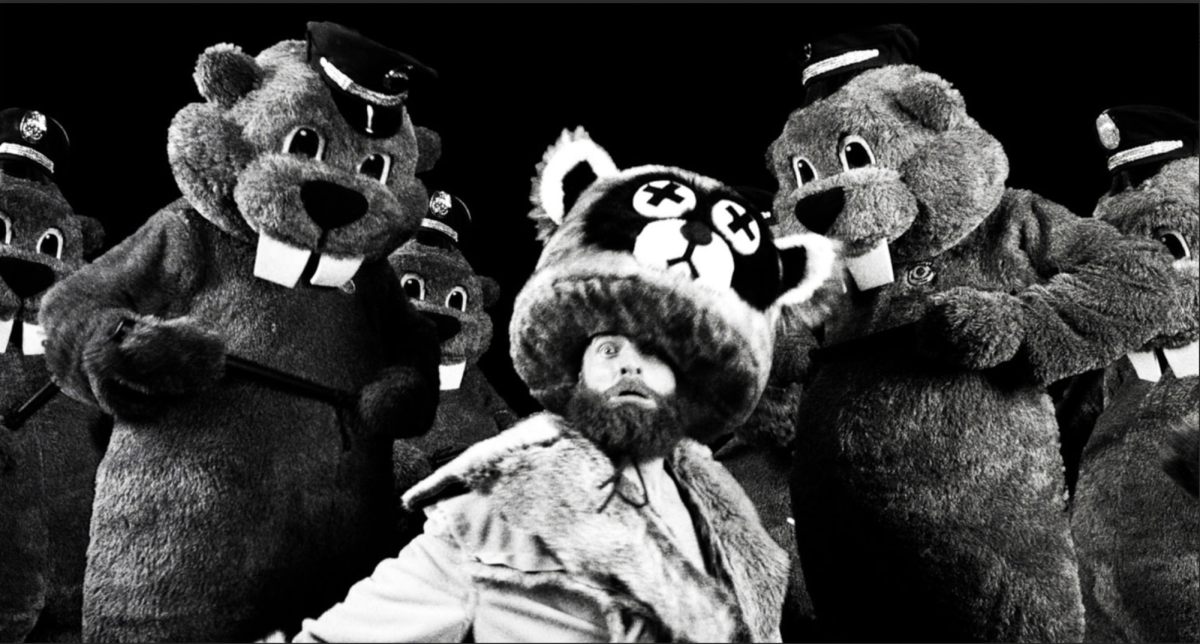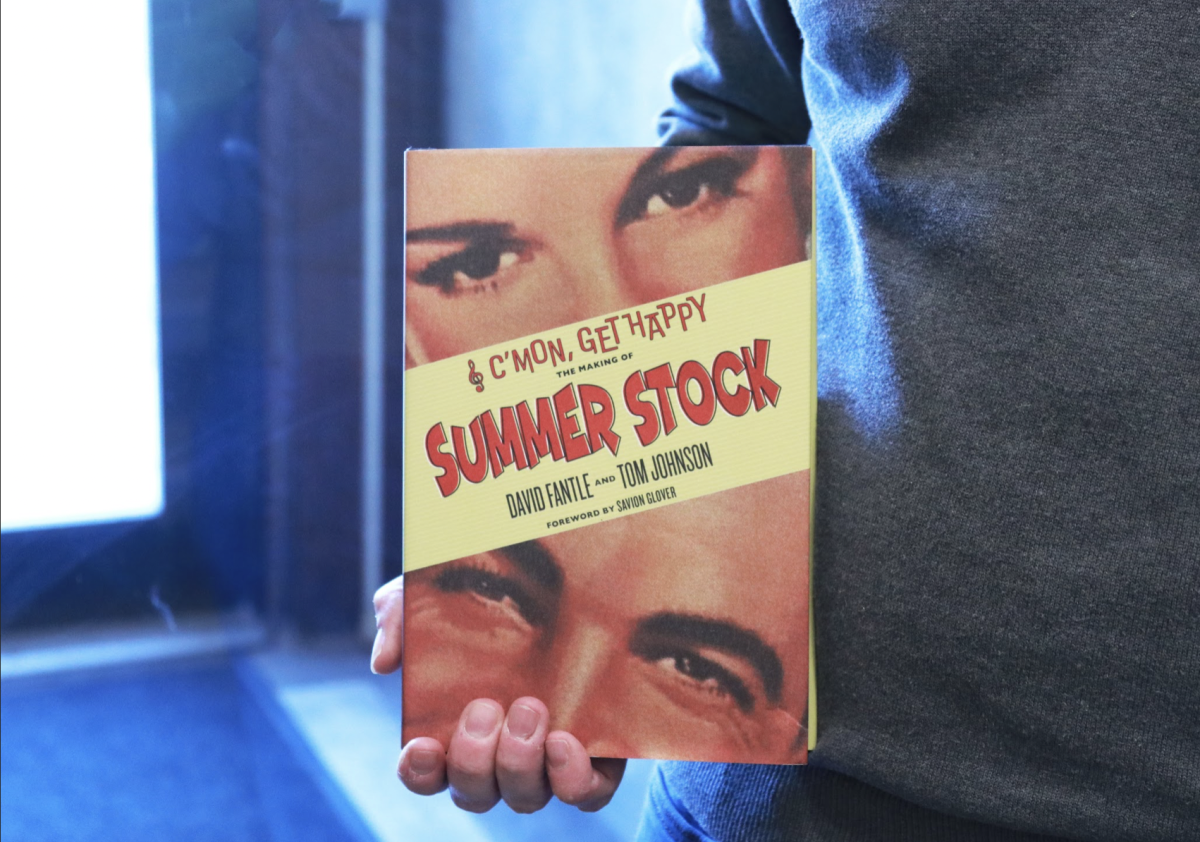 Last weekend, I took several of my colleagues to see “The Place Beyond the Pines” starring Ryan Gosling and Bradley Cooper. I liked it; they, not so much. On the way there, however, an interesting conversation broke out.
Last weekend, I took several of my colleagues to see “The Place Beyond the Pines” starring Ryan Gosling and Bradley Cooper. I liked it; they, not so much. On the way there, however, an interesting conversation broke out.
A friend of mine asked how I felt about a certain movie – what it was escapes me – and I said that I liked it. Her responses took me aback. I don’t remember the exact phraseology of the statement, but it was something along the lines of, “Good. I always get worried that I’ll ask you about a movie that I like and that I’ll be wrong.”
This was not the first time I’ve heard such sentiment. It’s the notion that, as a movie critic for multiple publications, what I think and write is correct or superior. That what critics say is fact, and that thinking otherwise is to be wrong.
“Wrong,” however, is a word that shouldn’t come into people’s minds when they think of film criticism (unless you’re reading reviews of the new bizarre indie film from director Quentin Dupieux called “Wrong”). Neither is the word “right” (… I have no sarcastic quip here). Agree and disagree? Absolutely, but right and wrong are definite words applied to feelings that are far from definite.
Feelings about art change. When I first saw “There Will Be Blood” back in 2007, I had no idea what to make of it. Now it’s one of my favorite movies. Emotions evolve, viewers evolve, and even though a movie itself is imprinted permanently as is, its subtext, emotional resonance and importance evolve with time.
Critics are above all else conversation starters, hoping to share their thoughts about a film, discussing its ideas and craftsmanship and sharing in art. Maybe part of their goal is recommending whether readers should check out a certain movie, but that’s a secondary task.
And most importantly, critics are not right. They are not wrong either. But in today’s black-and-white, tell-me-things-simply culture, we assume any differing opinion is an attack.
Take A.O. Scott’s experience last summer, when he wrote a middling – not bad, just middling – review for “The Avengers.” Fans, and even star Samuel L. Jackson, rallied against the New York Times critic. This wasn’t an indie film that Scott railed against, where a couple of bad reviews could doom it to non-existent box office results. There was no risk of “The Avengers” not making a cubic ton of money.
Fans weren’t upset about the film getting hurt; fans were upset because they thought a critic was telling them that they were wrong for liking “The Avengers.” I don’t want to speak for Mr. Scott, but that’s not what was happening at all.
Critics don’t tell people what to think. Critics simply tell people what they personally experienced while watching a movie, sharing, not enforcing, their opinions.
So if a critic is merely a person giving her or his opinion, then, as the phrase goes, everybody can be a critic, right? Here, however, I feel fine saying no, you are wrong.
Not everyone who likes food is entitled to be a judge on “Chopped.” Not every person who enjoys watching football should be an analyst on ESPN. And not every person who watches a couple of movies and has an opinion is entitled to be a critic.
A critic studies decades of film and cinema in order to build knowledge of the art. A critic looks back at the works of directors and actors before seeing their latest work so they can see how their ideas and careers have evolved. Critics go into a movie with their minds awake and alert.
A critic tries to find value in all movies, which is why movies universally panned by audiences – such as this past month’s “Spring Breakers” – sometimes get glowing reviews. “Spring Breakers” was a challenging film. Critics accept that challenge and find it exciting, whereas most mainstream audiences look to films for escapism and fun. There’s nothing wrong with that, but that’s not watching films as art.
Most importantly, critics take the jumbled mess of thoughts trapped in their consciences and manage to turn them into coherent and meaningful reviews.
To say that anyone can be a critic is to say that all of these attributes are useless. Unfortunately, that’s what widespread opinion is continually leaning toward. Movie commercials, such as recent ad campaigns for “21 & Over” and “Project X,” are using random tweets from random filmgoers for promotion. Some screenings of “Olympus Has Fallen” used Vine to let viewers give six-second raves on camera.
I understand that a positive quote from the New York Times probably isn’t going to impress “21 & Over’s” target demographic, but I simply don’t care what a person who was probably happy to see a free preview has to say in 140 characters or less. I’d love to be proven wrong, but nothing of much depth or merit can be said in 140 characters. That’s a rant for another time I suppose.
During a time when everyone has a voice, critics have become closer to being silenced. Newspapers and magazines have made a habit of buying out and firing critics of all of the arts, and those who do still have jobs are frequently threatened or pillaged by trolling comments (though that’s not exclusive to critics, I suppose). They’re slandered as elitist, snobbish and pretentious, and while sometimes those labels fit, most of the time that’s not the case.
Most of the time, critics are just people who want to talk to you. And that’s something that deserves two thumbs up.









